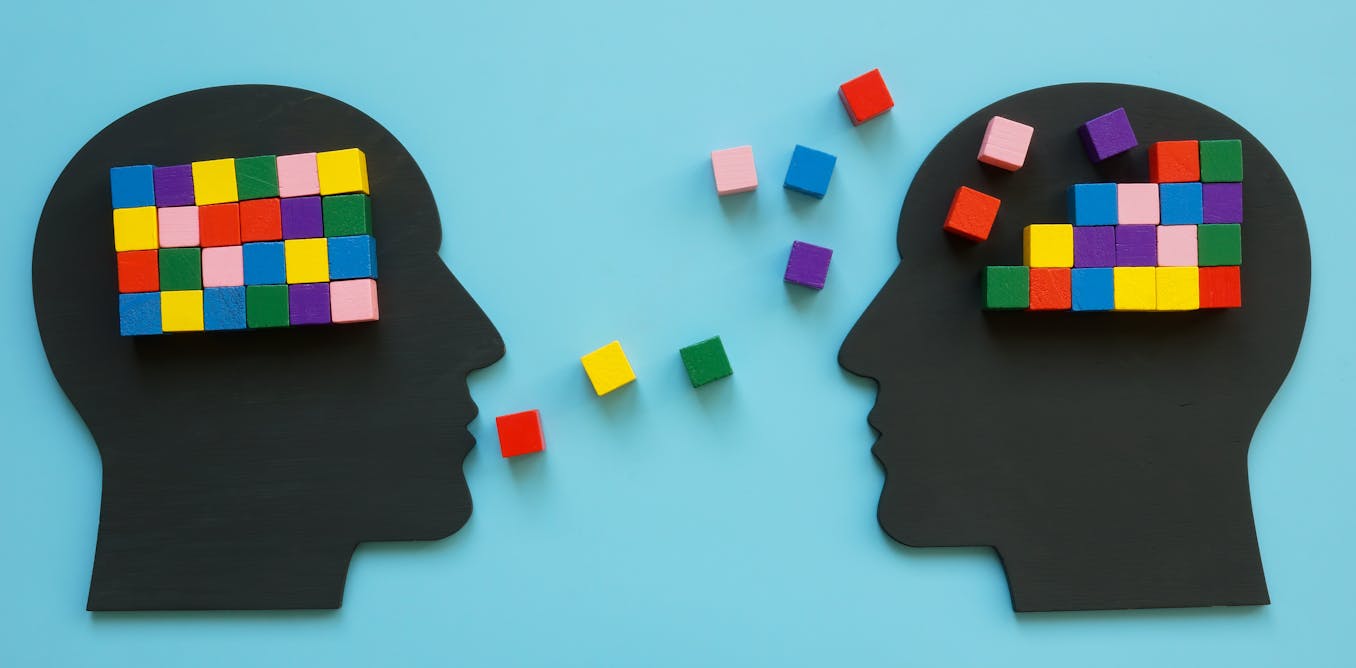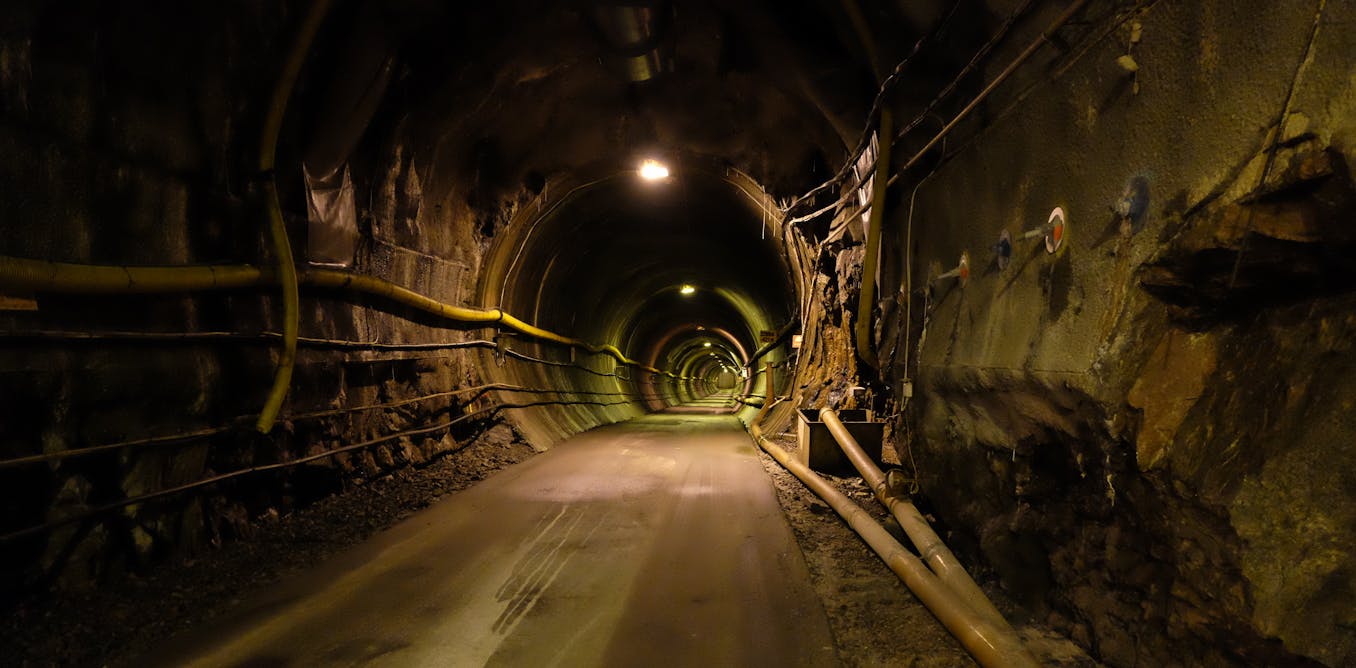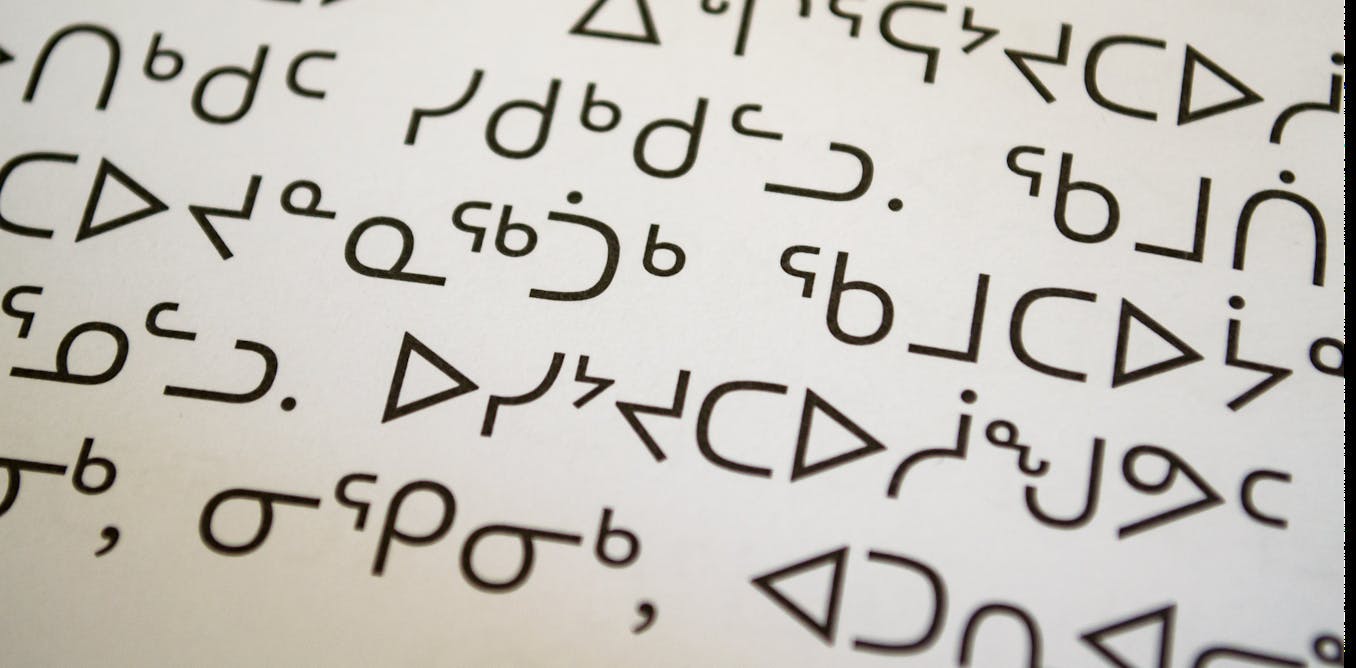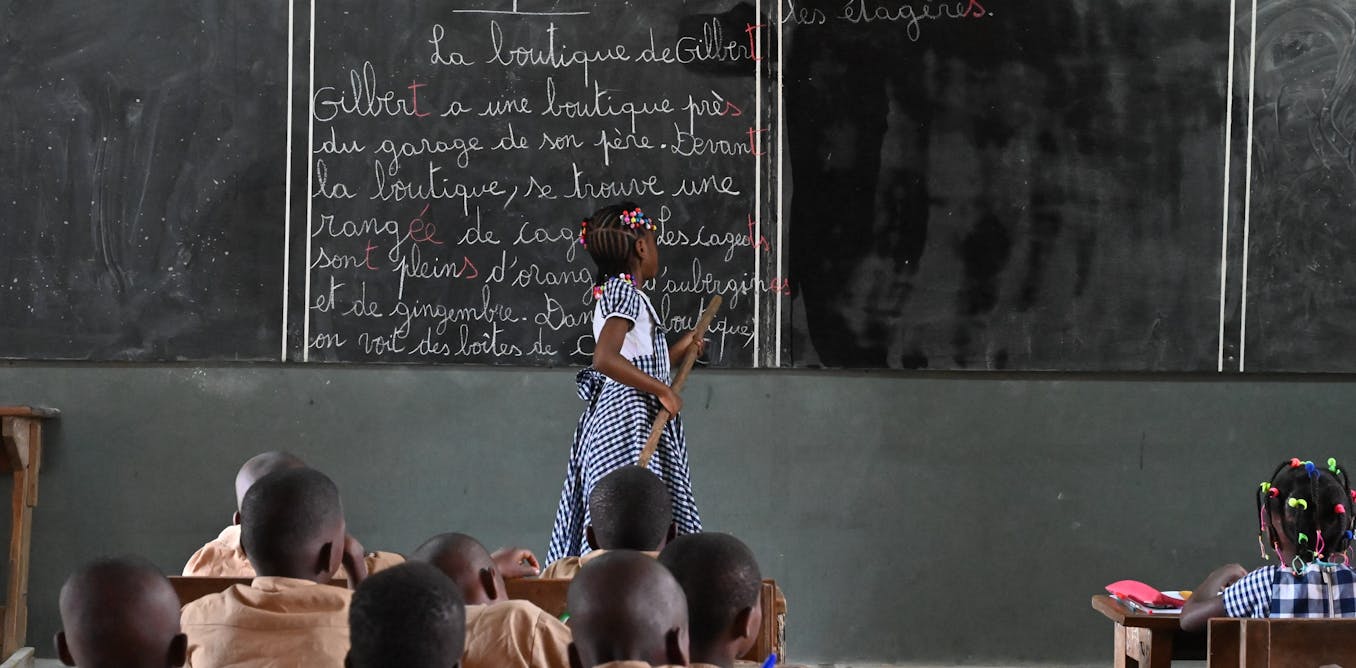Middle-class British people are talking more alike than ever
The rise of corporate inclusivity might be responsible.
The Conversation > Language
How to say a beautiful ‘hello’ – inspired by philosophy from non-English speaking cultures
There are many greetings that provide a unique glimpse into the culture of its speakers, reflecting different traditions and ways of acknowledging, respecting and honouring others.
The Conversation > Language
AIs encode language like brains do − opening a window on human conversations
Brains encode language by matching words to patterns of activity. Large language models can do the same thing.
The Conversation > Language
Five common English words we don’t know the origins of – including ‘boy’ and ‘dog’
The origins of these words could tell us a lot about our ancestors and the cognitive strategies they used to name the things around them.
The Conversation > Language
The science of baby babbling –and why it can take on accents
Over time, baby babbling will increasingly resemble the sounds of their language, eventually morphing into recognisable words.
The Conversation > Language
African elephants address one another with name-like calls − similar to humans
Humans aren’t the only animals that have names for each other − and studying animals that use names can teach researchers more about how human names evolved.
The Conversation > Language
How Neanderthal language differed from modern human – they probably didn’t use metaphors
The two human species had many similarities but their communication would have been different.
The Conversation > Language
‘The former guy’ versus ‘Sleepy Joe’ – why Biden and Trump are loath to utter each other’s name
Both politicians are exploiting some tried and true rhetorical and psychological tactics.
The Conversation > Language
100,000 years and counting: how do we tell future generations about highly radioactive nuclear waste repositories?
Spent nuclear fuel remains dangerous for so long that languages can disappear and humanity’s very existence cannot be guaranteed. So how do we communicate information about repositories into the future?
The Conversation > Language
Diplomacy and resistance: how Dune shows us the power of language – including sign language
Although not a true sign language, the use of sign in Dune can still teach us a lesson about the value of sign language.
The Conversation > Language























